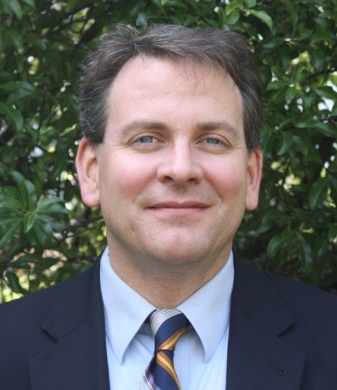We are streaming this online via Zoom, password: 262150. To register your attendance, at the beginning of the presentation: please text 219155 to 866-327-3062. This code is only valid for the day of the event. If you haven't set up your account yet, please do so at cams.cme.arizona.edu, and be sure to enter your cell phone number so the system captures your attendance when you text the code.
Clarifying Neurodegenerative Features of Late Life Depression: Challenges and Opportunities
 Scott Mackin, PhD
Scott Mackin, PhD
Professor of Psychiatry in Residence at UCSF
Learning Objectives
At the conclusion of this activity, participants should be able to:
- Describe the incidence of cognitive impairments frequently seen in older adults with depression.
- Describe associations of late life depression with cerebral blood flow abnormalities, reduced cortical thickness, and amyloid deposition as factors contributing to cognitive dysfunction.
- Describe the challenges and new opportunities to clarify neurodegenerative features of late life depression.
The educational objective for Psychiatry Grand Rounds is to provide mental health professionals with updates on psychiatric topics with the goals of increasing knowledge, competence, and patient care. Psychiatry Grand Rounds are held every Wednesday (September-May) from 12 to 1 p.m. Be sure to log into your CME account and complete the evaluation to receive credit.
All faculty, CME Planning Committee members, and the CME office reviewer have disclosed that they have no financial relationships with commercial interests that would constitute a conflict of interest concerning this CME activity.
The University of Arizona College of Medicine – Tucson is accredited by the Accreditation Council for Continuing Medical Education (ACCME) to provide continuing medical education for physicians.
The University of Arizona College of Medicine – Tucson designates this live activity for a maximum of 1.0 AMA PRA Category 1 Credit(s)™.
Physicians should claim only the credit commensurate with the extent of their participation in the activity.
Persons with a disability may request a reasonable accommodation, such as a sign language interpreter, by contacting us at 520-270-3213. Requests should be made as early as possible to allow time to arrange the accommodation.

